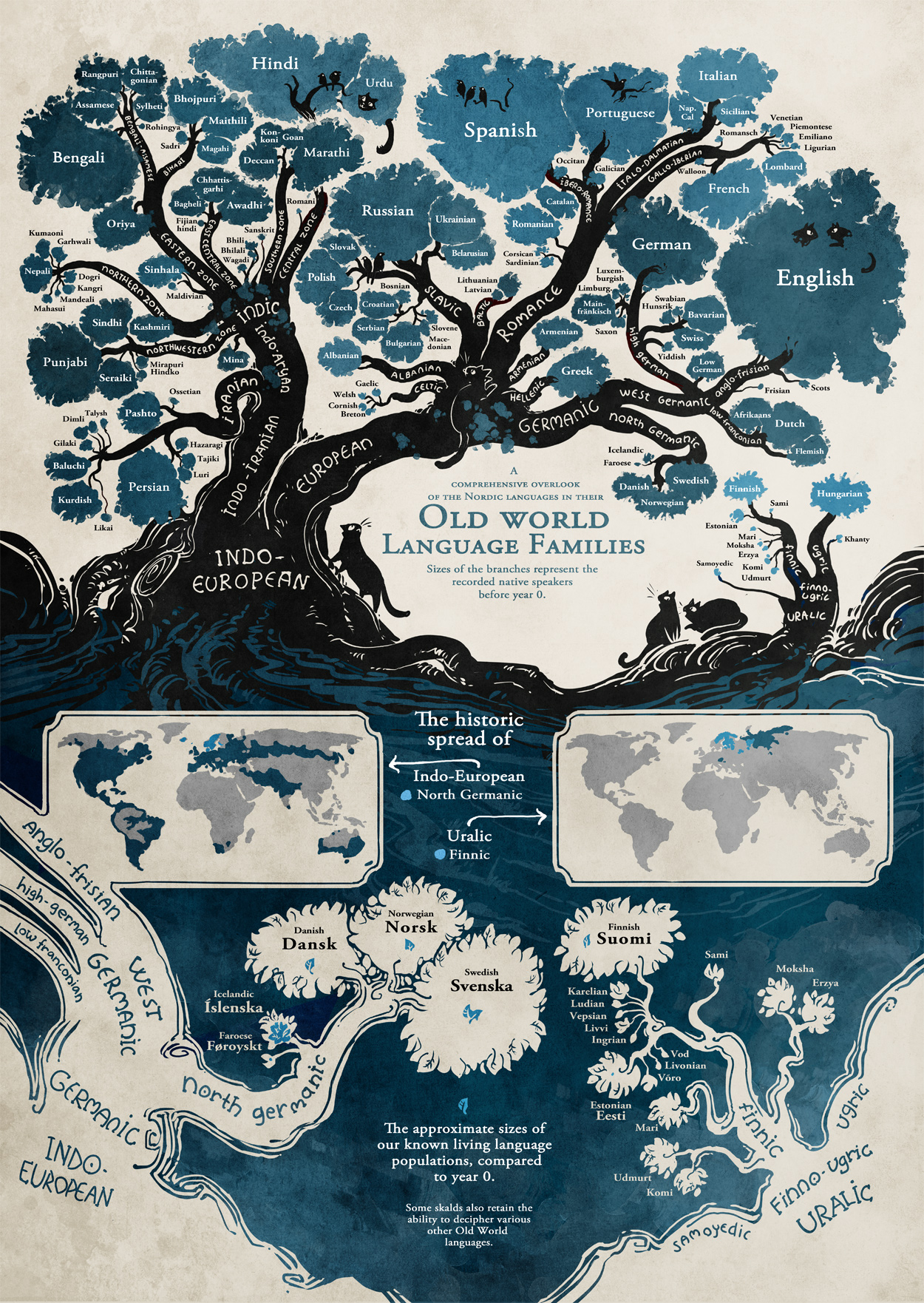

Any company or organization has its unique cultural DNA and key values that form the very foundation on which the company was built. Company values are a powerful aspect of a company’s internal and external branding. A strong company culture even transcends functional and geographical boundaries. Still, when a company expands its business into more countries with different cultures the question arises to what extent the company values are truly embraced and embodied by all employees around the world.
One company, many cultures
Many companies have made an effort in formulating their core values and business principles as important tools for organizational management and HR development. By nature values are born out of the local heritage of the company and its founders. As such, values are not automatically understood, let alone adopted, by others with different backgrounds. To what extent can a company’s core values truly be shared with Russian, British and Brazilian people alike?
Think about how various cultures may interpret a value such as ‘Drive for Results’? First of all, we would have to consider how people define or interpret results? In some cultures results are equivalent to financial gains and market position but in others results are derived from the level of customer loyalty or support of the local community. Employees from different cultures may have divergent ideas about such core value. You may think, well let’s just make it clear that we mean financial results and add some more performance indicators that people have to monitor. But would that actually make your employees in let’s say Latin-America commit to act upon this principle? I’d rather doubt that. In order to get an active involvement of people in Latin-America you need to plug into their emotional motivations. Just focusing on rational data will not do the trick outside the Anglo-Saxon world.
Core values are extremely important for a company. They give it a sense of identity and guidance. They strengthen it’s positioning and reputation. They align employees and customers to the company. The more its business flourishes, the larger the company will grow and simultaneously diversify its customers and ultimately its employees. This is quite a dilemma to tackle. How to stay true to one’s key values while aligning with others?
From values to behavior
The answer lies in translating key company values into preferred behavior. In working with different cultures we need to come up with culturally effective translations of these core values and give adequate directions to the people who need to carry them forward into their daily work.
For example, a value such as “Trust to Act” implies that employees take initiative and speak-up when they see something that is not in conformity with company rules or intervene when they see something go wrong. This kind of behavior is well-known in cultures with fairly low-hierarchy and a relative high degree of autonomy and repsonsibilty. In an Asian setting however, acting while not being asked to do so, is a serious career-limiting move at best. There’s no way Asian employees would counteract on hierarchy or responsibility. In these “low-trust’ cultures this value needs to be made more specific by providing concrete guidelines telling people when and how to act.
Company values boost reputation
As companies become increasingly internationally successful and their organizations span more and more regions in the world, the question arises whether the company culture is inclusive enough towards new employees from different cultural backgrounds. Companies should re-think how they effectively translate their core values into preferred behaviors of their global workforce. Doing so will increase employees’ motivation and commitment to the company, strenghten operations (based on values rather than rules) and finally, enhance the company’s positioning and reputation in these markets.



